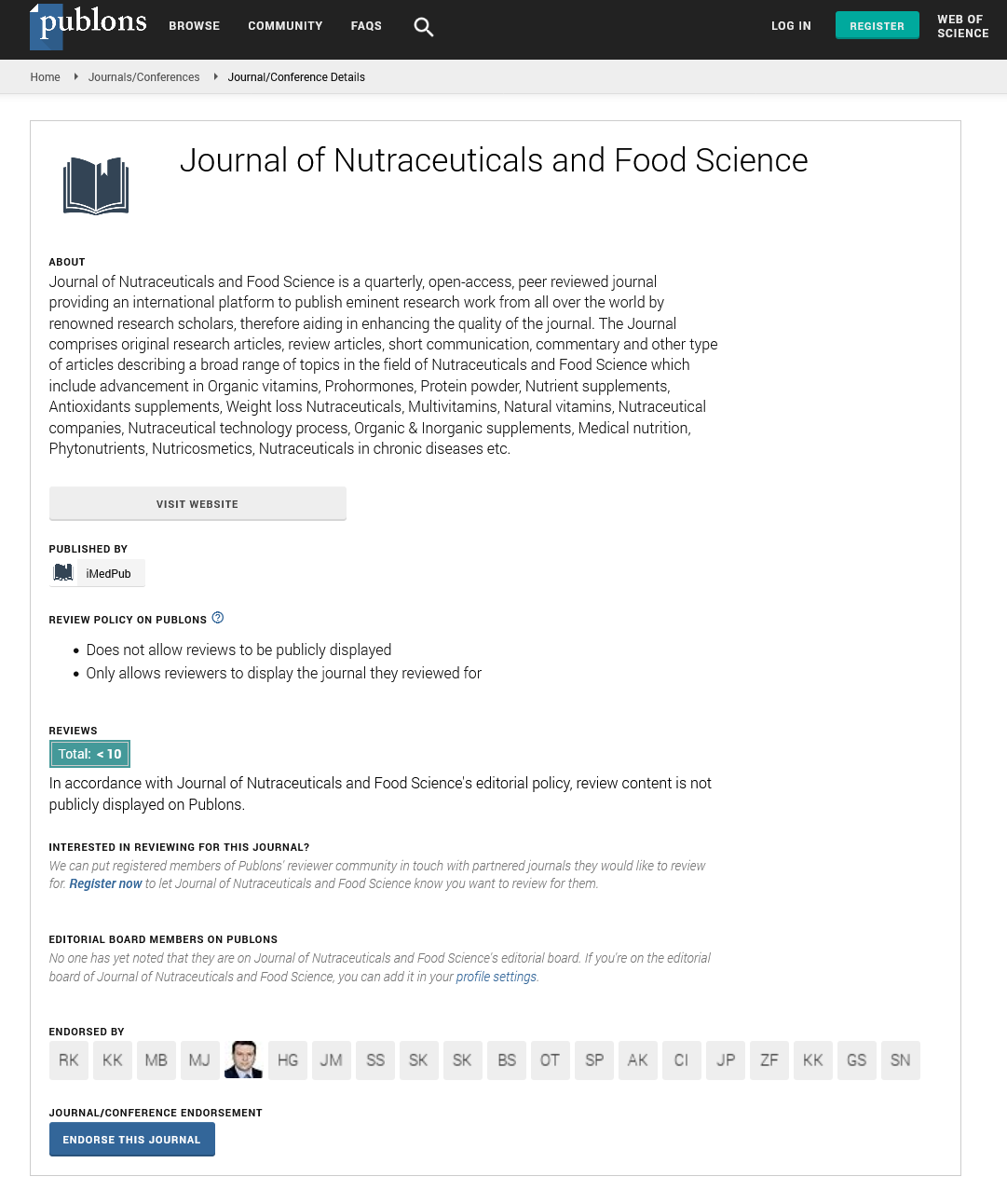Abstract
Debittering of Olives in Modified Atmosphere Packing
The aim of the project is to develop new methods for olive debittering which has ever been used by industry and found in the literature. Storage in N2/CO2 gasses will be used for development of this innovative olive debittering methods. This research was a pre-work of “New Table Black Olives Production Methods Development with Ethylene and CO2 Application” This research was aimed to verify this hypothesis by determining the degradation of oleuropein and this hypothesis will be used for table olive processing. Gemlike olives were harvested at 6 maturity index. Sensorial bitterness, visual quality, oleuropein content and tissue hardness of fresh olives were determined. Olives were put in CO2:N2 30:70 %, CO2:N2 50:50 % and 100 % N2 pack. Pack: olive volume was 3:1 and olives were packed in atmosphere pressure. Packs were stored at 20oC until sensorial bitterness of olives reduce to 1,5 value so that each day olives were analysed. 16th day of packaging bitterness value of olives were determined under 1,5 for 30:70 % CO2, N2 applications. Tissue hardness loss of olives between 16-29%, oleuropein content reduction was 5-42 % and sensorial bitterness reduction was 7-55% for stored olive samples. As a result of visual quality determination indicator of deterioration on olives were determined in 100 % N2 pack. Results of this research showed that CO2:N2 30:70 % or CO2:N2 50:50 % applications could break up oleuropein which responsible for prevent the consumption of raw olives without high loss of tissue hardness. Future studies will be possible to produce table olive which is not depend on water, salt and/or chemical uses.
Author(s):
Y. OZDEMIR
Abstract | PDF
Share this

Google scholar citation report
Citations : 393
Journal of Nutraceuticals and Food Science received 393 citations as per google scholar report
Journal of Nutraceuticals and Food Science peer review process verified at publons
Abstracted/Indexed in
- Google Scholar
- Publons
- Secret Search Engine Labs
Open Access Journals
- Aquaculture & Veterinary Science
- Chemistry & Chemical Sciences
- Clinical Sciences
- Engineering
- General Science
- Genetics & Molecular Biology
- Health Care & Nursing
- Immunology & Microbiology
- Materials Science
- Mathematics & Physics
- Medical Sciences
- Neurology & Psychiatry
- Oncology & Cancer Science
- Pharmaceutical Sciences


